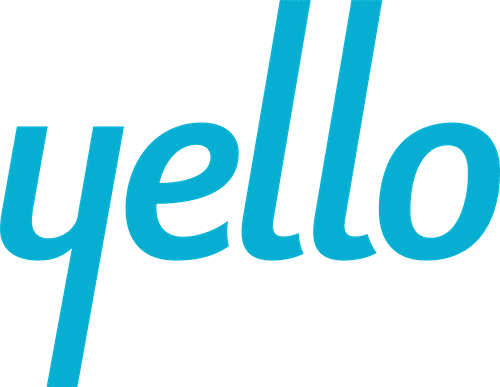It’s evident that many of these observations reflect larger trends in the workforce that all employers should know:
- Most companies are behind in their hiring plans. While hiring teams screened, and even interviewed, plenty of candidates for open roles, they struggled to find the right fit. Frequently, they had a hard time submitting an offer before a competitor and getting candidates to accept.
- Candidates are backing out of positions — often even after accepting an offer. The result is that all companies (even those that are meeting their hiring plans) are making an increased number of offers. This means that hiring teams are often spending more time than they planned compiling offer details, only to have them declined.
- Companies who focused on their core schools often didn’t meet DEI goals. We observed that many companies were reevaluating core school tactics in late 2020 and early 2021 and were open to recruiting outside of their traditional “core schools.” However, as the hiring landscape continued to shift, some organizations moved back to their historical approaches. Even more concerning, some teams have said they are abandoning DEI programs altogether.
- Because so many companies are behind in hiring, intern recruitment is behind — and some employers are just now starting intern recruiting in the spring. Many early career teams are just now posting internship positions, as opposed to posting before college holiday break. Many companies are still trying to determine if their intern programs will be in person or virtual. We expect to see most programs as a blend of both.
- Most talent acquisition teams expect a blend of in-person and virtual recruiting in the spring. Some programs are going all virtual. Some are going all in person. The reality is most are going to blend both and move forward with a hybrid approach to campus recruiting. Teams are beginning to ask about the best ways to create university relationships for those schools they will interact with virtually.
- The great resignation continues as a record 4.5 million American workers quit their jobs in November 2021. This unexpectedly large turnover combined with companies falling behind on their hiring plans is resulting in pressure to expand campus programs. Teams are hoping to bring in more early-career candidates to fill gaps.
- Turnover on campus teams seems higher than normal. While historically we have seen the average tenure of a campus recruiter to be 2-2.5 years, we are seeing significant turnover sooner amongst our user base.
- While 1 in 67 jobs was remote pre-pandemic, today, it’s more like 1 in 7 per LinkedIn. Employers and early-career hires are still adjusting to this remote/hybrid reality. Companies that are not offering remote options for positions are having a hard time getting candidates to accept, and they also risk candidates backing out after accepting an offer if a remote position becomes available.
As a result of these trends, campus recruiting teams have to be more agile than ever. They need to have strategies in place to recruit in a hybrid environment and they need to have tools available to empower them to attract top talent and hire before their competition.
If you notice that some of these trends are impacting your own campus recruiting efforts this year, Yello can help. Reach out to us to learn more about how Yello can help you at every step of the recruiting process — from sourcing, to engaging, to interviewing, and more.



